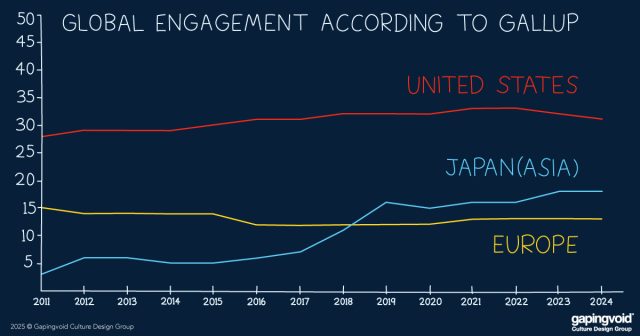
King Pyrrhus was an Ancient Greek king who fought a lengthy military campaign against the Romans. After one battle, he saw that he prevailed, but at great military cost.
He then said, if he wins another battle like that, when he travels back home, he’ll be traveling alone.
This is the origin of the term “Pyrrhic Victory.” It’s a victory in name only – a battle that was won at such a high cost that it ultimately did more harm than good for the victor.
For a leader in a modern workplace, relying on power to persuade people often produces pyrrhic victories. It might get compliance in the short term. But over the long term, it erodes respect, creates resentment, and defeats itself.
A recent story from China drove this point home. A Chinese tech executive caused a broad cultural backlash for her public advocacy of toxic, hard-driving workplace cultures.
In one post she said “if you work in public relations, don’t expect weekends off… keep your phone on 24 hours a day, always ready to respond.” She sought to compel commitment from her direct reports. But it was ultimately a pyrrhic victory: it hurt the culture and increased turnover.
Leaders want their people to be excellent, and they should. And their people want to be excellent too. Every person on some level aspires to one form of excellence or another. The need to excel and to fulfill our potential is innate and irrevocable.
But it’s not that simple. Because humans also want autonomy, connection, and respect. We don’t like being commanded around – and we don’t want to feel like cogs in a machine.
Excellence cannot be commanded. It cannot be compelled. It has to be inspired. It has to be drawn out. It has to be earned. When people feel like they are part of a winning team on an inspiring mission, high performance and the pursuit of excellence is the natural outcome.
The leaders who act entitled to 100% are the leaders who end up getting far less than that.
The leaders who know that excellence, effort, and commitment must be earned, are the leaders who actually get it.



